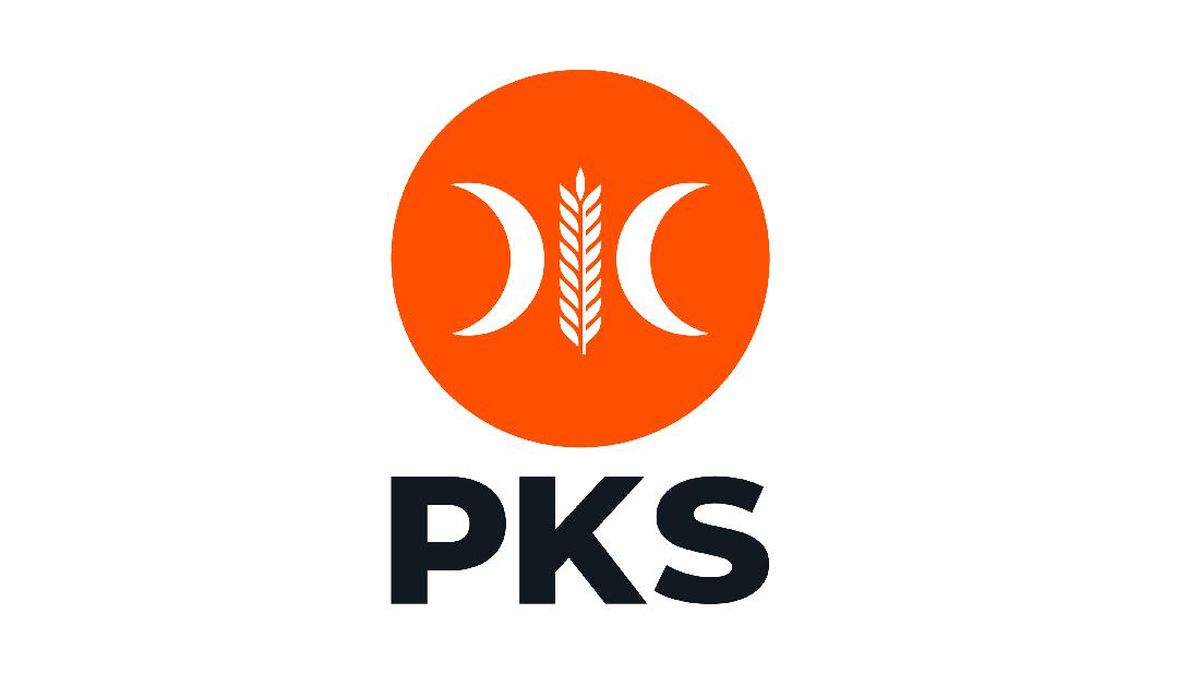 The home equity borrowing process looks a lot different for a condo than it does for a house.
DEV IMAGES/Getty Images
The home equity borrowing process looks a lot different for a condo than it does for a house.
DEV IMAGES/Getty Images
If you own a condo, you've likely watched your property value climb over the past few years, even as higher mortgage rates and cooling home sales have reshaped the broader housing market. And with household expenses still elevated due to sticky (and growing) inflation, many condo owners are wondering whether they can tap their home equity to ease financial pressures or fund big-ticket goals like renovations, college tuition or debt consolidation.
Leveraging condo equity isn't always as straightforward as it is for single-family homeowners, though. Condos come with unique shared-ownership structures, association rules and underwriting requirements that can influence how (and whether) lenders approve borrowing via a home equity loan or home equity line of credit (HELOC). And those differences can catch borrowers by surprise.
So, where do condos stand in terms of home equity borrowing options? And what should you know before attempting to borrow against your unit? That's what we'll detail below.
Find out how affordable the right home equity borrowing option could be now.
Can you get a home equity loan on a condo?
In many cases, yes, condo owners can get a home equity loan or HELOC. But qualifying for this type of borrowing on a condo is often more involved than it is for single-family homes. In these cases, home equity lenders don't just evaluate your personal financial profile; they also scrutinize the entire condo association and building. What are they looking at during that process? It can vary, but the major factors lenders review before approving a condo-based home equity loan generally include:
The condo association's financial health
Home equity lenders typically examine the homeowners association's (HOA) budget, reserves and recent financial history as part of the borrowing process. If the HOA is underfunded, facing major upcoming repairs or has frequent special assessments, the lender may consider the risk too high to issue a loan on your condo.
Compare your top home equity borrowing options online today.
Owner-occupancy rates
Most lenders require a minimum percentage of units in the building to be owner-occupied rather than rented as part of the home equity lending process. Buildings with too many investor-owned units may be considered riskier, which can limit your borrowing options.
Litigation status
If the condo association is involved in litigation — for example, related to construction defects, safety issues or disputes with the developer — most home equity lenders will pause approvals until the issue is resolved.
Insurance coverage
The condo's HOA must carry adequate master insurance coverage, including hazard and liability policies, for most lenders to approve your home equity loan or HELOC application. Lenders will also check whether the building complies with updated insurance requirements, which can be an issue in high-risk areas or aging buildings.
Your equity and credit profile
Beyond building-level factors, home equity lenders will look at traditional borrower criteria during the application process, and most will expect you to have at least the following to be approved:
- Sufficient home equity, often at least 20%
- Strong credit (typically 680+)
- A stable debt-to-income ratio
- Reliable income and employment
If you meet these criteria and the building passes the lender's review, a condo home equity loan is fully possible. However, if the building doesn't meet one or more underwriting requirements, you may need to look for a lender with more flexible condo guidelines or consider other financing options.
What to know before tapping your condo's equity
If you're planning to use your condo's equity, whether through a home equity loan or a HELOC, understanding the nuances can help you get approved and choose the best borrowing strategy. Here's what to know.
Options may be limited for condo owners
Both home equity loans and HELOCs rely on the available equity in your unit, but they function differently. Home equity loans offer a fixed interest rate, predictable monthly payments and a lump-sum payout, which is useful for one-time expenses. HELOCs, on the other hand, provide a revolving line of credit with variable rates, allowing you to borrow as needed during the draw period. Condo owners should carefully compare these options, as some lenders may offer one product but not the other for condo borrowers.
Expect stricter LTV limits
Many lenders cap loan-to-value (LTV) ratios lower for condos than for single-family homes. For example, while a homeowner might access up to 85% of their home's value, condo owners may find limits closer to 70% to 80%, depending on the lender and building.
Condo guidelines can vary widely
Some home equity lenders specialize in condo financing and maintain more flexible underwriting. Others avoid condos entirely. That's a large part of why getting multiple quotes is essential. That's important not only for approval odds, but also for rate and fee comparisons.
Use your equity strategically
If you're considering a home equity loan or HELOC to consolidate high-rate debt, make home repairs or cover major expenses, weigh the long-term implications carefully. Securing a loan with your home puts your property at risk if you fall behind. Borrowing can still be a smart move, but only if the repayment plan is clear and manageable.
The bottom line
You may have the option to get a home equity loan or HELOC on a condo, but the approval process is more complex and building-dependent than for detached homes. Lenders evaluate not only your credit and equity but also the condo association's financial stability, insurance coverage, owner-occupancy levels and litigation status. Before applying, review your HOA's health, gather necessary documents and shop around to find lenders experienced with condos. With the right preparation, tapping your condo's equity can be a valuable tool for managing expenses or reaching long-term financial goals.
Edited by Matt Richardson


















































